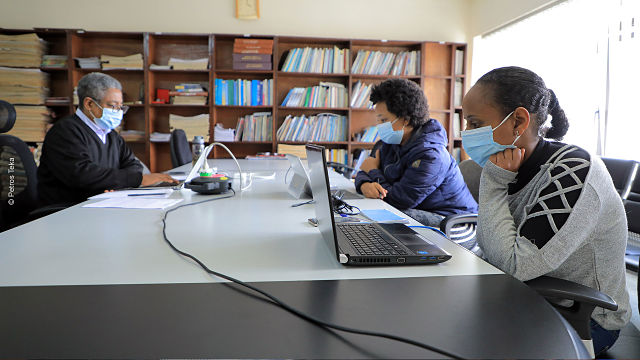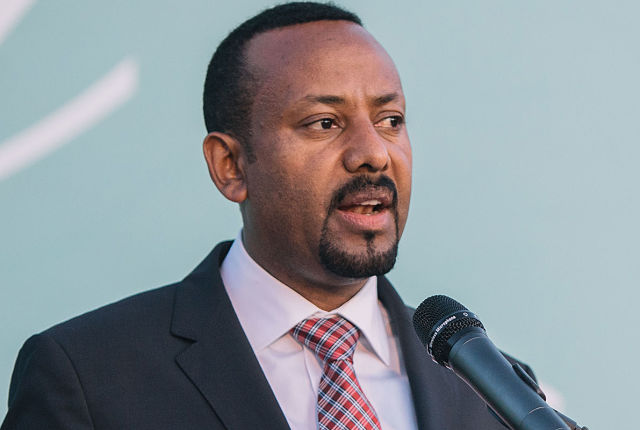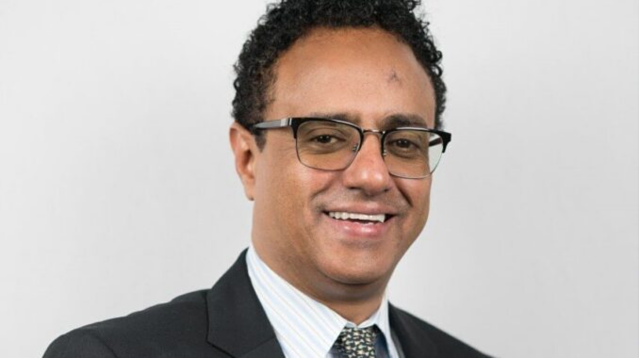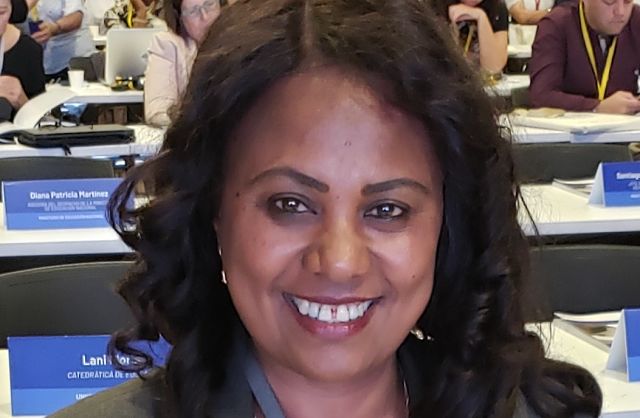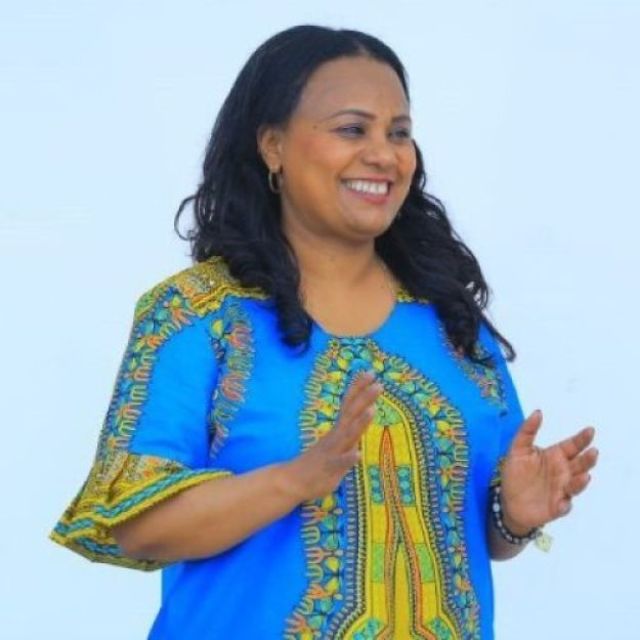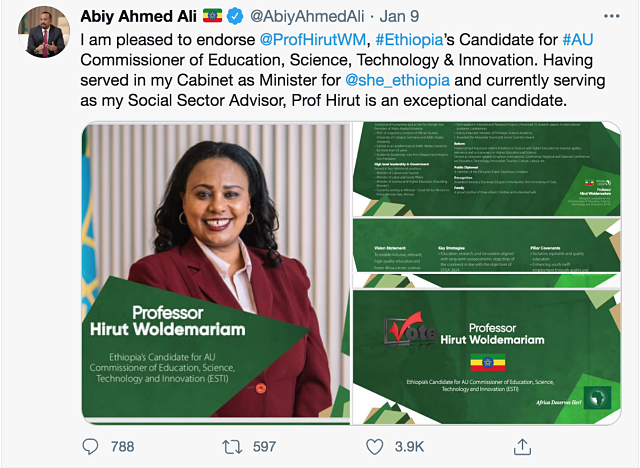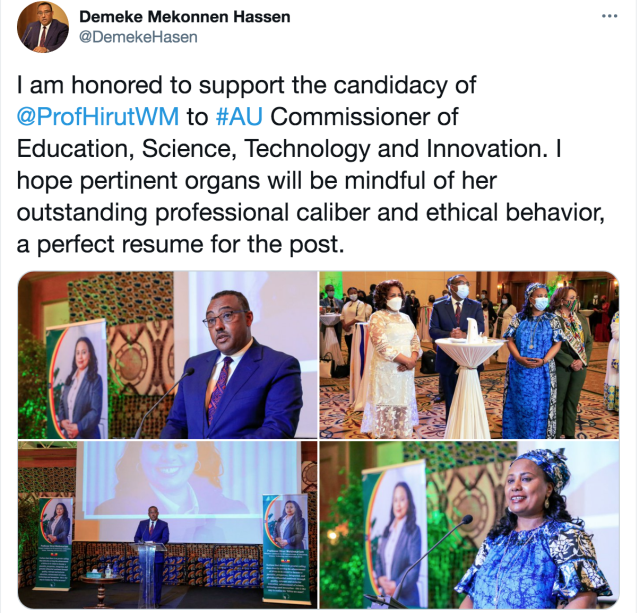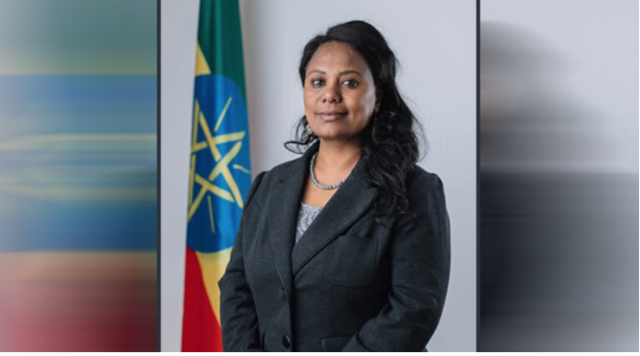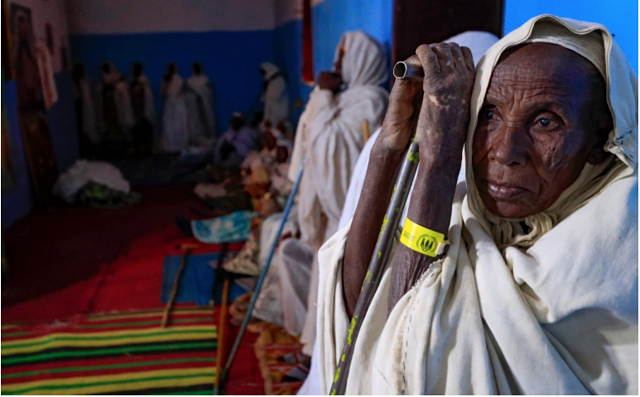 The United Nations’ food agency says it has reached a deal with Ethiopia to expand access for aid workers and “scale up” operations in the country’s conflict-hit Tigray region. (Getty Images)
The United Nations’ food agency says it has reached a deal with Ethiopia to expand access for aid workers and “scale up” operations in the country’s conflict-hit Tigray region. (Getty Images)
World Food Programme says it will ‘scale up’ operations in embattled northern region after reaching a deal with Addis Ababa.
The United Nations’ food agency says it has reached a deal with Ethiopia to expand access for aid workers and “scale up” operations in the country’s conflict-hit Tigray region.
David Beasley, the head of the World Food Programme (WFP), made the announcement late on Saturday amid growing fears of a humanitarian catastrophe in Tigray, a region of more than five million people.
Ethiopian Prime Minister Abiy Ahmed on November 4 ordered air raids and a ground offensive against Tigray’s former governing party – the Tigray People’s Liberation Front (TPLF) – after its forces attacked federal army bases in the northern region. Abiy declared victory on November 28 after the TPLF withdrew from the regional capital, Mekelle, and other main cities, but low-level fighting has continued.
Thousands of people are believed to have died and hundreds of thousands have fled their homes since fighting began. Both sides deny their forces have committed atrocities, and blame their rivals for the killing of civilians.
Top UN officials and international NGOs have repeatedly complained about access restrictions to Tigray.
The government and the WFP “have agreed on concrete steps to expand access for humanitarians across Tigray, and WFP will scale up its operations”, Beasley said on Twitter following a visit to the Mekelle.
“Nearly 3 million people need our help NOW and we have no time to waste,” he added.
A WFP statement said Ethiopian officials had agreed to speed up reviews of aid workers’ requests to move within the embattled region.
The WFP’s statement also said the agreement had agreed to government requests to provide emergency food aid to one million people in Tigray and help with transport to hard-to-reach rural areas.
Ethiopian Peace Minister Muferihat Kamil said in a separate statement the government was “moving with urgency to approve requests for international staff movements into and within Tigray”.
The new terms fall “under the existing agreement” between the government and the UN on aid, according to the WFP statement.
That agreement restricted UN access to areas under government control. In early December, a UN team visiting refugees in Tigray region was shot at after failing to stop at two checkpoints, according to the government.
But a senior UN official told the AFP news agency the progress was nevertheless “significant” and would facilitate access deeper into Tigray.
“It’s not good enough to just stick to the safe routes, the secure routes,” the official said. “Our role is to be determined to get to where the last person in need is, and the presence of militias should not really hamper us.”
The WFP statement noted that “armed escorts for humanitarian cargo and personnel will be undertaken as a last resort”.
Tigray remains largely cut off to media, making it difficult to assess the situation on the ground.
The UN official noted that “insecure areas [are] were “many and significant”.
A new UN report earlier this month said life for civilians in Tigray has become “extremely alarming” amid growing hunger and a “volatile and unpredictable” security situation.
“Reports from aid workers on the ground indicate a rising in acute malnutrition across the region,” it said, according to The Associated Press news agency. “Only 1 percent of the nearly 920 nutrition treatment facilities in Tigray are reachable.”
Starvation has also become a big concern. “Many households are expected to have already depleted their food stocks, or are expected to deplete their food stocks in the next two months,” according to a new report posted on Thursday by the Famine Early Warning Systems Network, which is funded and managed by the United States.
The report said more parts of central and eastern Tigray likely will enter Emergency Phase 4, a step below famine, in the coming weeks.
The government has played down fears of widespread starvation while touting its own efforts to meet the needs of the population. It says it has provided emergency food aid to 1.8 million people.
During a visit to Ethiopia last week, UN refugees chief Filippo Grandi stressed the need for a more efficient system of facilitating access for aid workers and distributing aid.
“We heard from everywhere, including from the local authorities, that more is needed” beyond what the government is providing, Grandi said.
“The situation as I said is very grave, is very urgent. Without further action, it will get worse.”
—
Related:
ANALYSIS: In Ethiopia’s Digital Battle Over the Tigray Region, Facts Are Casualties
UPDATE: PM Abiy Ahmed’s Message to the World on the Situation in Ethiopia
Doctors Without Borders on the Humanitarian Crisis
Join the conversation on Twitter and Facebook.





